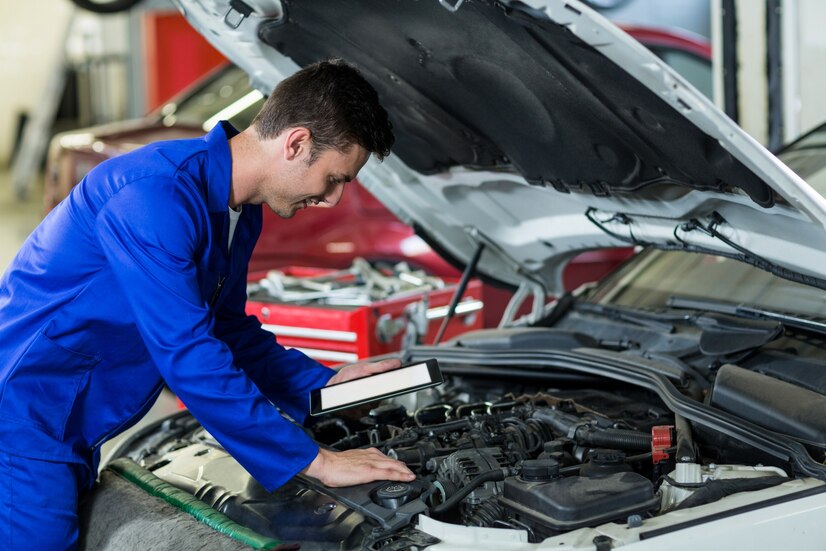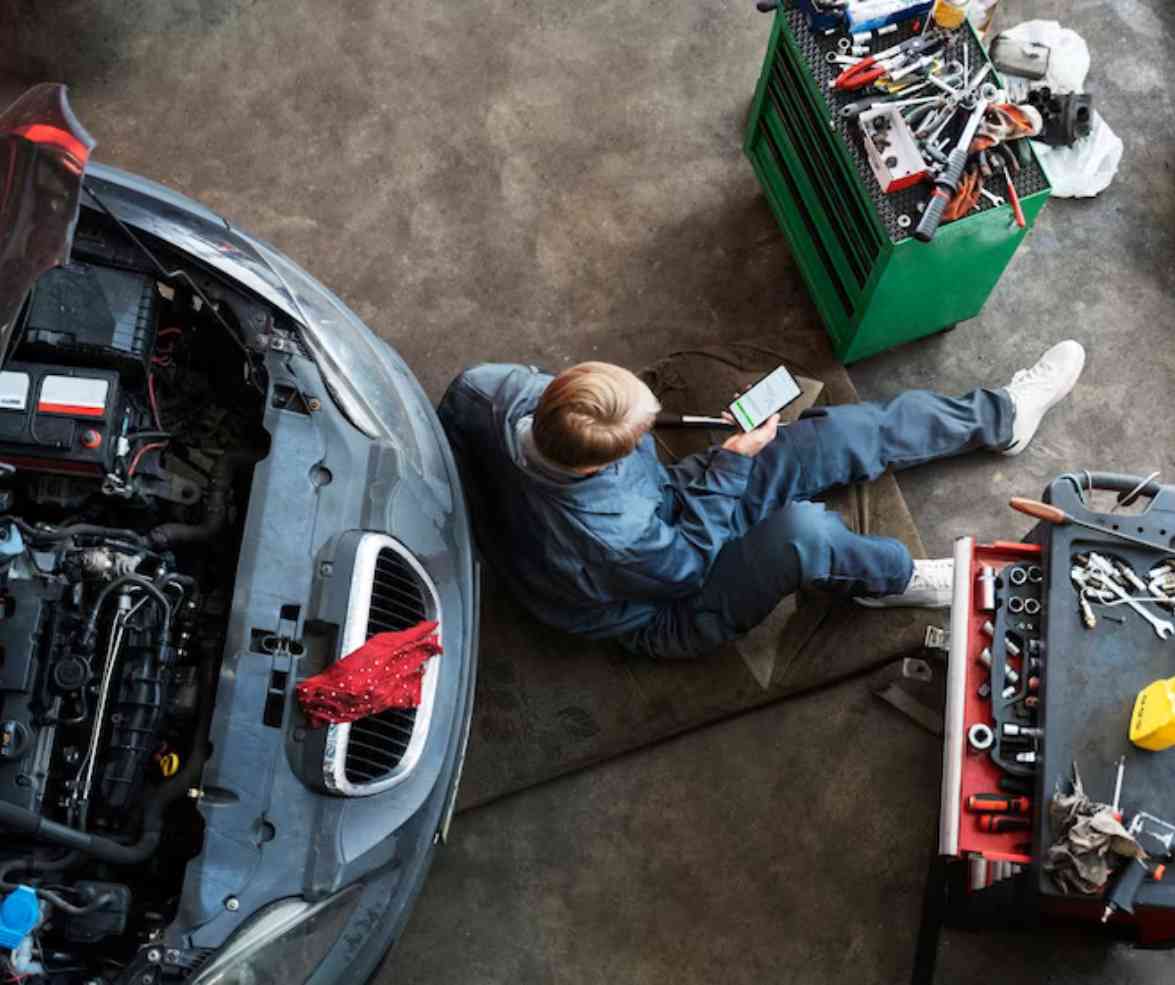
What is the Most Common Maintenance on a Car?
As car owners, we all know that regular maintenance is essential for keeping our vehicles running smoothly. But what exactly does this “regular maintenance” entail? Is there a specific type of maintenance that is more common than others?
In short, the answer is yes. There are several types of routine maintenance that are considered to be the most common for cars. In this article, we will explore these types of maintenance and the reasons why they are so important for keeping your car in top shape.
Oil Changes
Performing regular maintenance on your vehicle, such as getting an oil change, is crucial for car insurance. To change your oil, you’ll need to drain out the old oil from the engine and replace it with clean oil. The frequency of oil changes depends on factors such as your driving habits, the type of oil you use, and the age and condition of your car.
Regular oil changes are important because they help to keep your engine lubricated and running smoothly. Over time, old oil can become dirty and less effective in protecting your engine from wear and tear. By changing your oil regularly, you can extend the life of your engine and keep it running efficiently.
Tire Rotation
Tire rotation is another common form of maintenance that car owners should be aware of. This involves moving the tires from one position on the car to another, typically in a criss-cross pattern. This helps to evenly distribute the wear and tear on your tires, which can help extend their life.
Tire rotation is important because it allows your tires to wear down evenly, preventing one tire from wearing out faster than the others. This can improve the overall handling and performance of your car, as well as save you money by avoiding premature tire replacements.
Brake Inspections
Brakes are an essential component of any vehicle, which is why regular brake inspections are crucial for maintaining safety on the road. A brake inspection involves checking the condition of your brake pads, rotors, and other components to ensure they are working properly.
Regular brake inspections can help identify any potential issues before they become major problems. This can prevent costly repairs down the line and keep you safe while driving on the road.
Fluid Checks
In addition to oil changes, there are several other fluids in your car that should be regularly checked and topped off. These include transmission fluid, coolant, power steering fluid, and brake fluid.
Each of these fluids plays a crucial role in the overall functioning of your car. For example, transmission fluid helps to keep your gears shifting smoothly while coolant prevents your engine from overheating. Regularly checking and maintaining these fluids can prevent major breakdowns and costly repairs.
Air Filter Replacement
Your car’s air filter is responsible for keeping dirt, debris, and other contaminants from entering your engine. Over time, the air filter can become clogged and less effective in doing its job. This is why it’s important to regularly replace your air filter according to the manufacturer’s recommended schedule.
By replacing your air filter, you can improve your car’s overall performance and fuel efficiency. Additionally, a clean air filter can also help to extend the life of your engine.
Other Maintenance
While the types of maintenance mentioned above are considered to be the most common, there are several other tasks that should also be performed regularly. These include checking and replacing your wiper blades, inspecting your battery, and keeping your car’s exterior clean.
Each of these tasks may seem small, but they can have a big impact on the overall functioning and appearance of your car. For example, replacing worn wiper blades can improve your visibility while driving in inclement weather, and keeping your exterior clean can prevent corrosion and damage to the paint.
FAQs
Q: How often should I change my oil?
A: The frequency at which you should change your oil depends on several factors, but it is generally recommended to do so every 5,000-7,500 miles or every 6 months.
Q: How do I know when my tires need to be rotated?
A: It is recommended to rotate your tires every 5,000-7,500 miles or at the same time as an oil change. However, if you notice uneven wear on your tires or your car pulling to one side, it may be time for a rotation.
Q: Can I check my own fluids?
A: Yes, most car manuals have instructions on how to check and top off fluids. However, if you are uncomfortable doing so, it is best to take your car to a professional for maintenance.
Q: How often should my brakes be inspected?
A: It is recommended to have your brakes inspected every 6,000 miles or at least once a year.
Q: Can I replace my own air filter?
A: Yes, it is a relatively simple process. However, if you are unsure, it is best to have a professional do it for you.
In conclusion, regular maintenance is crucial for keeping your car running smoothly and preventing major breakdowns. While there are several types of maintenance that should be regularly performed, such as oil changes and tire rotations, it is important to also pay attention to the condition of your brakes and various fluids. By staying on top of these routine maintenance tasks, you can extend the life of your car and save yourself from costly repairs.




